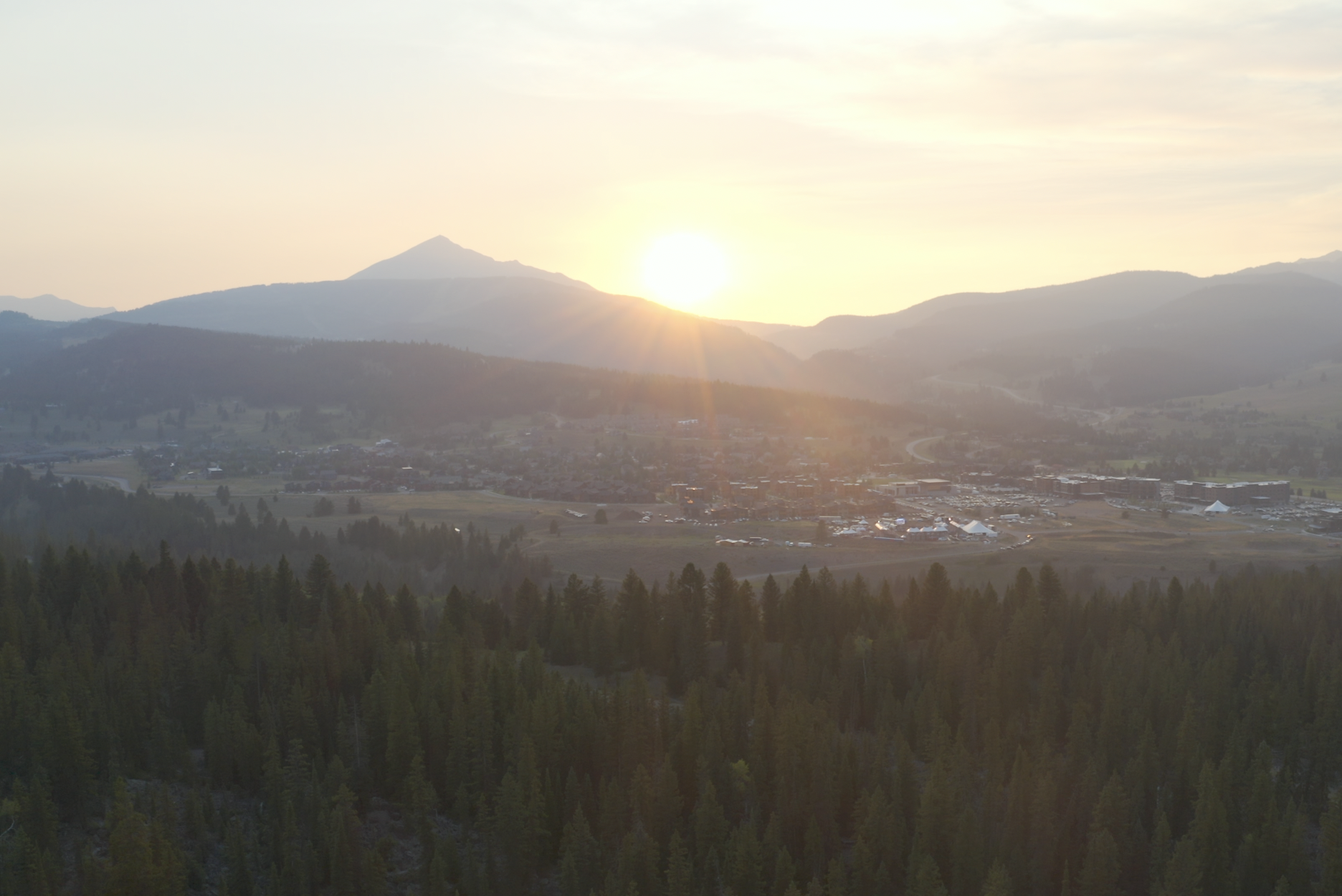“You cannot change any society unless you take responsibility for it, unless you see yourself as belonging to it and responsible for changing it.”
– Grace Lee Boggs
By Shannon Steele EBS COLUMNIST

Behind the picturesque scenery of flowing rivers, rugged mountains, wildflower meadows and a vibrant town are the individuals who make the Big Sky community hum with arts, culture, entertainment and opportunities to connect. Our workforce community including folks working in food and beverage service, construction, grocery, retail, property management, nonprofit, education, health care, recreation, safety, real estate, administration, marketing, IT, hospitality, and more are key to the success of Big Sky. Though job postings hold promise for work/life balance and finding solace in the mountains, unfortunately many people quickly realize the inherent challenges of resort-town living.
Anyone who is a small business owner or works in human resources in a resort town will tell you that you get to know employees more than you probably wanted to. This is often because having a business in Big Sky means managing employee housing, where boundaries between work and home cease to exist. Overall, this is not a bad thing. I would like to think it forces people to show up as their full, human selves, and let’s be real—life is messy and so is being human. However, the lack of mental and behavioral health resources in Big Sky creates a sense of powerlessness when attempting to navigate support for an employee in need.


In my first three years working in HR for a small Big Sky business, I was faced with 12 a.m. calls regarding a domestic violence dispute, a wellness check on an employee who attempted to end their life, an ambulance ride for a non- responsive roommate who drank too much, among countless other substance-related issues. I grasped for supportive and accessible resources to refer employees to only to find a large void and many barriers to accessing care. I did my best, but it never felt like enough. Though HR often gets a bad rap, I viewed my role as crucial to building a positive culture and advocating and supporting employees, like many other HR professionals in Big Sky. Mental health and substance use issues do not exist in a vacuum. The human experience is complex, which further complicates figuring out how to create conditions that support mental health and well-being. For communities to effect positive and long-lasting change in addressing mental and behavioral health challenges, collective effort and community involvement is imperative.
Big Sky community organizations are coming together, and we need community member voices
at the table too. The Big Sky Behavioral Health Coalition is working closely with Montana State University to conduct a workforce mental and behavioral health needs assessment. Previous reports including the Behavioral Health Initiative and the Community Health Needs Assessment confirm that Big Sky residents and workforce struggle with mental health and substance use issues and face many barriers to care, but we need to better understand the nuances of these challenges, especially as it relates to the compounded impacts of COVID-19. If we can better understand the “why” behind the “what,” we can come together as a community and determine the best programs, services and solutions to indeed foster work/life balance, find solace in the mountains and improve mental health and well-being for the workforce community.
To help understand your unique realities, the Yellowstone Club Community Foundation and Montana State University have partnered to create a survey to help inform how the Behavioral Health Coalition works to address the complex issues that affect your mental health and well-being. Whether you live in Big Sky, commute to Big Sky for work or live in Big Sky and work remotely, the coalition wants to hear from you in this survey. Information from the survey is necessary to remove social, cultural and logistical barriers that confound the otherwise well-intentioned efforts of many top- down mental health programs.
In Big Sky, you can truly be a part of the change. Thank you for contributing to the health and wellness of Big Sky’s workforce community!
Shannon Steele is the behavioral health program officer at the Yellowstone Club Community Foundation,
and values a collaborative and community-centered approach to mental/behavioral health and wellness.
She has a background in mind-body wellness and community health, and is also a certified yoga instructor and active volunteer. Community, wellness and the outdoors have always been pillars in Shannon’s life.





